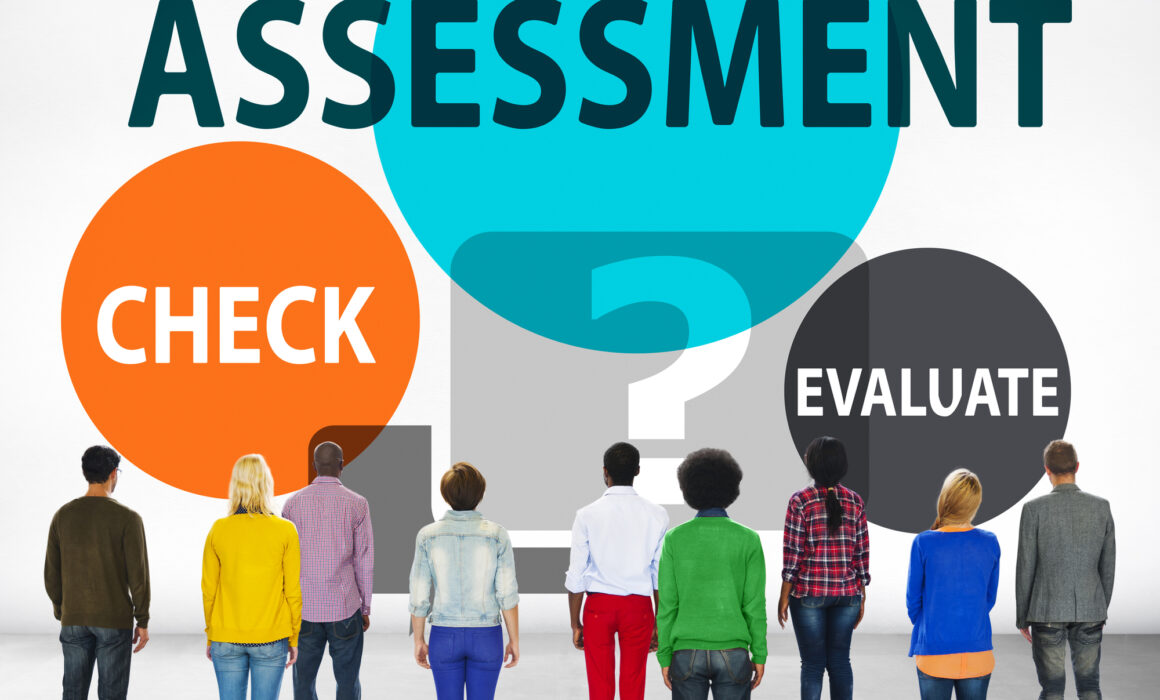

Leslie Littman is CTA Vice President.
BECOMING A PUBLIC-SCHOOL TEACHER is a calling. It’s incredible to see students learn and grow and achieve their dreams. Many see this rewarding career and want to pursue it. Which begs the question — why would anyone be in favor of unnecessary hurdles for these aspiring educators?
In my work as an educator with more than 30 years in the classroom and as Vice President of the California Teachers Association, I’ve seen first-hand and heard from educators up and down the state about the deeply problematic Teaching Performance Assessments (TPAs).
There are no shortage of horror stories about the TPAs. We hear from talented teachers constantly that the TPAs are long and time consuming. They are full of low-value tasks and they come at a very busy time for new educators. They do not prepare teachers for the classroom and detract from programs with proven success. Aspiring teachers learn the teaching craft in the real world. Vital preparation for new educators includes working with mentors to improve their instruction, having time to concentrate on developing quality lesson plans, and learning how to apply knowledge gained from a credential program in real classrooms. These programs consistently assess student teachers. They ensure we meet California’s high teaching standards.
The TPAs also keep talented educators out of the profession of public education. This is especially true for Black, Indigenous and People of Color (BIPOC) working to become teachers. Educators of color have raised concerns about racist biases undermining their success at passing the TPAs. Aspiring teachers must pay $300 out of pocket to take these assessments. After spending thousands of dollars on a degree, one can see how this costly assessment becomes an impossible hurdle for too many.
This is why CTA is sponsoring Senate Bill 1263 to eliminate the TPAs. This legislation, co-sponsored by Sen. Josh Newman (D-Fullerton), will remove requirements to pass the EdTPA, CalTPA and the Fresno Assessment for Student Teachers (FAST).
Two years ago, I began leading a CTA workgroup with educators from across the state. We met to study the teacher shortage. We aimed to find ways to ease the problem and increase teacher diversity. The CTA State Council of Education Credentialing and Professional Development Committee also studied the issue. Both groups reached the same conclusion. The TPAs hurt teacher training. They harm our new teacher pipeline and hinder efforts to diversify public education careers.
We took the information and analysis from these educators and practitioners. We also had the results of a survey of educators conducted by CTA on the TPA. We then shared our data with California Commission on Teacher Credentialing (CTC) in October 2023. Educators told the CTC that TPAs are disproportionately impacting BIPOC educator candidates — an issue first raised three years ago by the California Alliance of Researchers for Equity in Education when the group asked the CTC to end high-stakes testing in teacher education, citing concerns with
“validity, reliability, fairness and bias.”
At the meeting, CTC Commissioner Christopher Davis underscored the TPA’s “disproportionate harm” to BIPOC teaching candidates: “We continue to struggle with the reality that our state, through these examinations, is systematically discriminating against the very diversity it alleges it wants to track into our workforce.”
In December, the CTC heard our call, adopting a secondary passing standard in the event an educator did not complete the TPA requirement. This allows teacher candidates who met all other credential requirements a path to a credential if they demonstrate Teacher Performance Expectations (TPE) through classroom observations, course projects and other similar avenues.
This is a step in the right direction. More than 1,500 aspiring California educators who did not pass the TPA would have met the secondary standard in 2022–23, meaning they would be spared the costs and extreme stress of retaking the TPA. This change also has important retroactive implications for candidates who ended up exiting educator preparation programs. This reopened a door to our profession to potentially over 1,000 aspiring educators.
Our work continues. As Sen. Newman said, the issue is simple: “One key to improving the educator pipeline is removing barriers that may be dissuading otherwise talented and qualified prospective people from pursuing a career as an educator.”
The costly TPA is having real impacts on the ongoing educator shortage across the country — and education officials are changing course for the better. States including New York, New Jersey, Georgia and even Texas have already eliminated the TPA requirement for teacher credentials. It’s time to follow suit here in California.
We must end the unnecessary TPA and evolve our state system of educator preparation to better equip teachers to bridge California’s diverse students to bright futures, while continuing to uphold the high standards for teachers that our students deserve. Join me in supporting SB 1263 — visit cta.org/tpa for more information and to learn how you can help be a part of this important movement to end the TPA.



The Discussion 0 comments Post a Comment